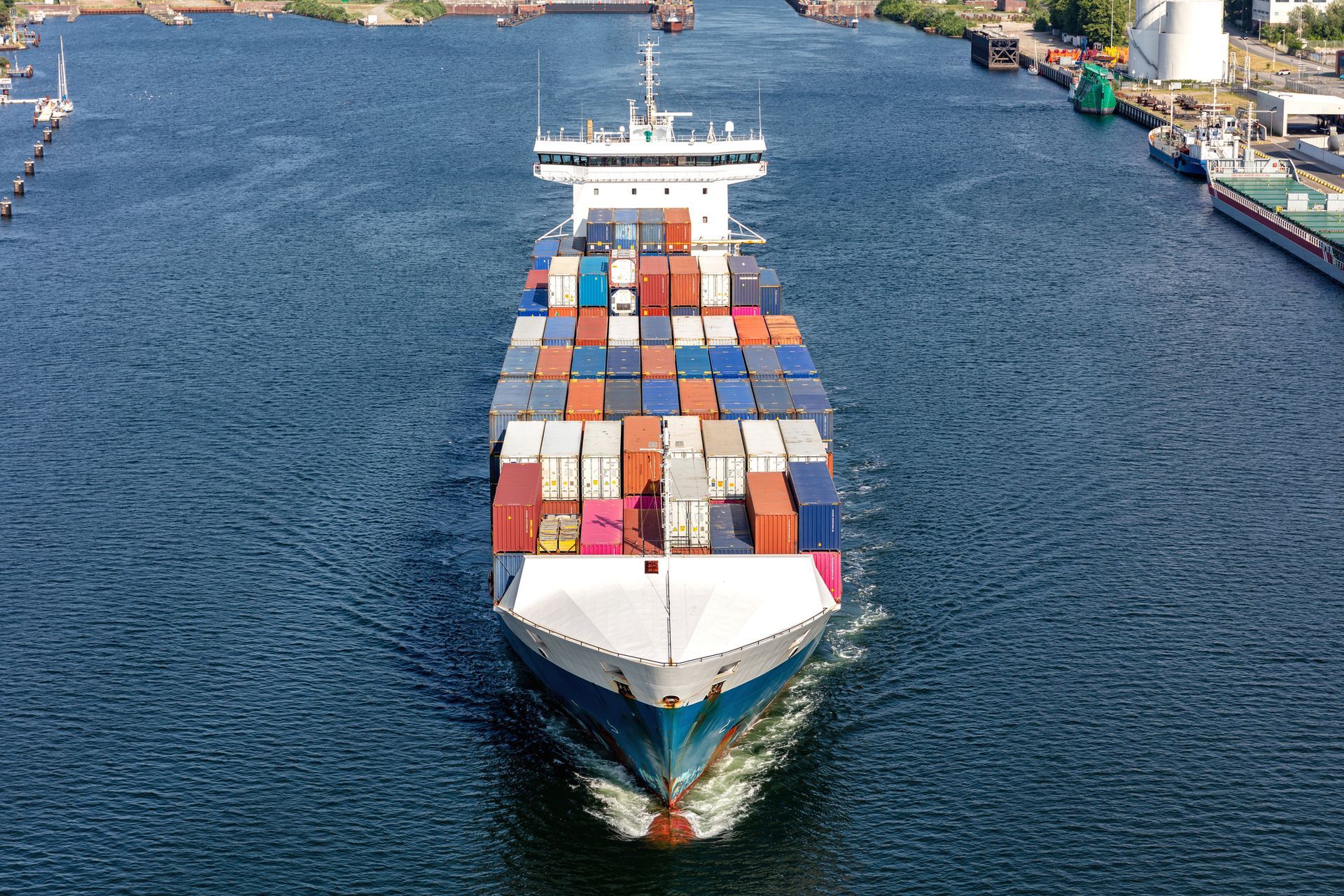
In the dynamic and complex world of logistics, freight forwarder responsibilities are essential to ensuring that goods are transported efficiently, safely and within regulations.
Failure to meet any of these responsibilities can result in delays, fines or even accidents, affecting the reputation and efficiency of logistics operations.
Understanding and executing these responsibilities in an exemplary manner not only improves service quality but also increases competitiveness in the market. This article will discuss the main responsibilities of freight forwarders and provide insights on how to improve the execution of these essential tasks.
Main responsibilities of the freight forwarder
By mastering certain responsibilities and constantly seeking to improve the execution of fundamental tasks, the freight forwarder can ensure a high-quality, efficient and reliable service, essential for success in the logistics and transportation sector.
Check out some of the main responsibilities of a freight forwarder below:
Have a systemic view of the process for a detailed logistical study
As a freight forwarder, it is essential to have a systemic view of the logistics process to ensure a detailed and efficient study. This involves understanding each stage of the supply chain and how they interconnect, allowing for better coordination and planning of logistics operations.
With a comprehensive view, the freight forwarder can foresee potential challenges and develop strategies to mitigate them, optimizing the flow of goods.
Study the best mode for each case and negotiate (inter)national freight
Another crucial responsibility is to study and select the best mode of transport for each specific case. This includes evaluating air, sea, rail and road transport options, considering factors such as cost, transit time, service efficiency and safety.
In addition, negotiating international and domestic freight is a vital skill, as it directly impacts transport costs and efficiency. Establishing good relationships with shippers and carriers can make a big difference in the competitiveness of the services offered.
Consolidate and deconsolidate loads
Consolidating and deconsolidating loads is another important task. Consolidating loads from multiple customers into a single shipment can reduce costs and increase efficiency.
Likewise, deconsolidating loads upon arrival at their destination for final distribution requires organization and precision, ensuring that each customer receives their goods correctly and on time.
Fill out and segment documents
Completing and following up on documents such as the Bill of Lading (BL) is an essential task for the legal and safe movement of goods, as it is proof of ownership and conditions of transport, and any error can cause delays and legal complications.
Therefore, attention to detail and knowledge of the documentation requirements are essential.
Being alert at all times is another critical responsibility. The freight forwarder must constantly monitor shipments, be aware of any unexpected stops at other ports and promptly inform customers about the status of their goods.
Proactive communication and the ability to provide accurate information in real time are essential aspects of maintaining customer trust and satisfaction.
Pay fees and freight in accordance with legal regulations
Furthermore, paying taxes and freight charges in accordance with legal regulations is mandatory. The freight forwarder must be familiar with local and international regulations, ensuring that all tax and freight obligations are met correctly.
This avoids penalties and keeps the operation in compliance with the law.
Hire a quality NVOCC
Finally, hiring a quality NVOCC (Non-Vessel Operating Common Carrier) is an important responsibility. A reliable NVOCC can offer competitive rates and ensure that goods are transported quickly and efficiently.
Choosing quality partners is crucial to the success of logistics operations and customer satisfaction.
How to best execute each of these responsibilities
To be an efficient and effective freight forwarder, it is essential to constantly seek ways to improve the execution of your responsibilities.
Developing a systemic vision starts with ongoing education. Investing in courses and certifications related to logistics and supply chain management helps you better understand the processes.
Using logistics management software can provide an integrated and real-time view of operations, facilitating the planning and coordination of activities. Attending industry workshops and conferences is also a great way to stay up to date with best practices and trends.
Conducting detailed cost-benefit analyses for each mode of transportation is essential. Using simulation tools can help predict costs and transit times, allowing you to make more informed decisions.
To improve freight negotiation, it is important to build strong relationships with carriers and shippers, understand their needs and limits, and negotiate strategically to obtain the best conditions. Monitoring the freight market and understanding seasonal fluctuations is also essential.
Training staff on shipping procedures is crucial. Additionally, establishing clear processes and operational standards helps minimize errors and increase efficiency.
Accuracy in documentation is vital. Using automated systems for filing documents can reduce errors and ensure regulatory compliance.
Maintaining a checklist of required documents and conducting regular audits of document processes helps ensure that all paperwork is in order. Training staff on the importance of documents and how to fill them out correctly is also essential.
Setting alerts for critical events, such as unexpected stops or route deviations, allows for a quick and proactive response. Maintaining open communication with carriers and customers helps resolve issues quickly and keeps everyone informed.
Staying up to date with local and international regulations is key to avoiding penalties. Using compliance software can help ensure that all fees and freight are paid correctly and on time.
Regularly consulting reliable sources of legal information and attending compliance training are also best practices.
Selecting a quality NVOCC starts with thorough research. Evaluating the company's reputation, analyzing feedback from other customers, and checking certifications are essential steps.
When hiring an NVOCC service, the secret is to pay attention to the quote. In this sense, there are several documents and information that need to be collected. Check out our quote checklist and don't make mistakes at this crucial stage.
Continue a navegar no blog da Allink

Mantenha-se informado sobre o comércio exterior
Assine nossa newsletter e receba atualizações semanais de forma gratuita sobre o mundo da logística.




